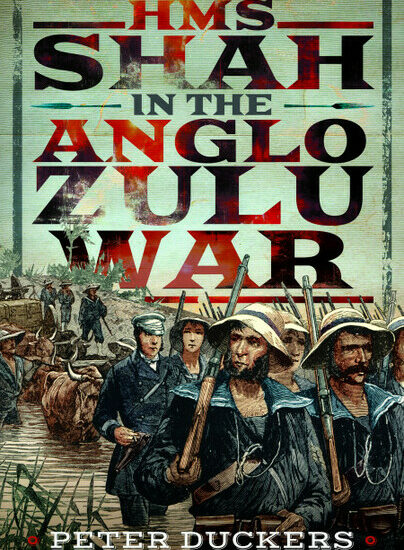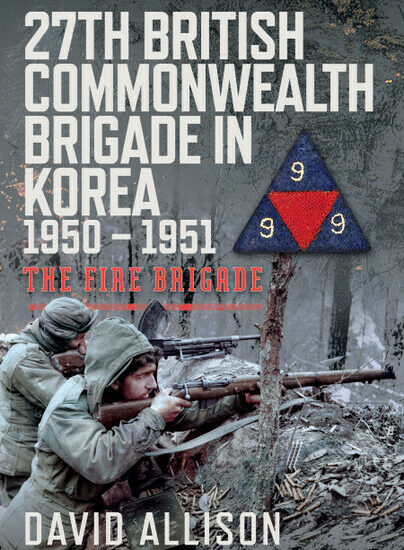The 80th Anniversary of the end of WWII, lessons of Gallipoli, and freedom’s greatest strength.
Bryn Evans writes of how his latest book, Escape, Survive – or Die, maintains the unbreakable link with the resolve of past years.
On 15 August this year it is the 80th Anniversary of Japan’s announcement of surrender, which was formally signed on 2 September 1945 to end the Second World War. It is also 110 years since the disastrous Gallipoli Campaign against Turkey in the First World War. Yet perhaps the failure of the strategy and amphibious landings at Gallipoli in the Dardanelles has left lessons, which have echoed down the years through many generations.
On 25 April this year (Anzac Day in Australia and New Zealand) I happened to be on a cruise in the Mediterranean, although not stopping at a Turkish port. I was struck by the worldwide reach across the generations of the day’s significance, when I saw in the ship’s daily program there was an open invitation to an Anzac Day Remembrance function.
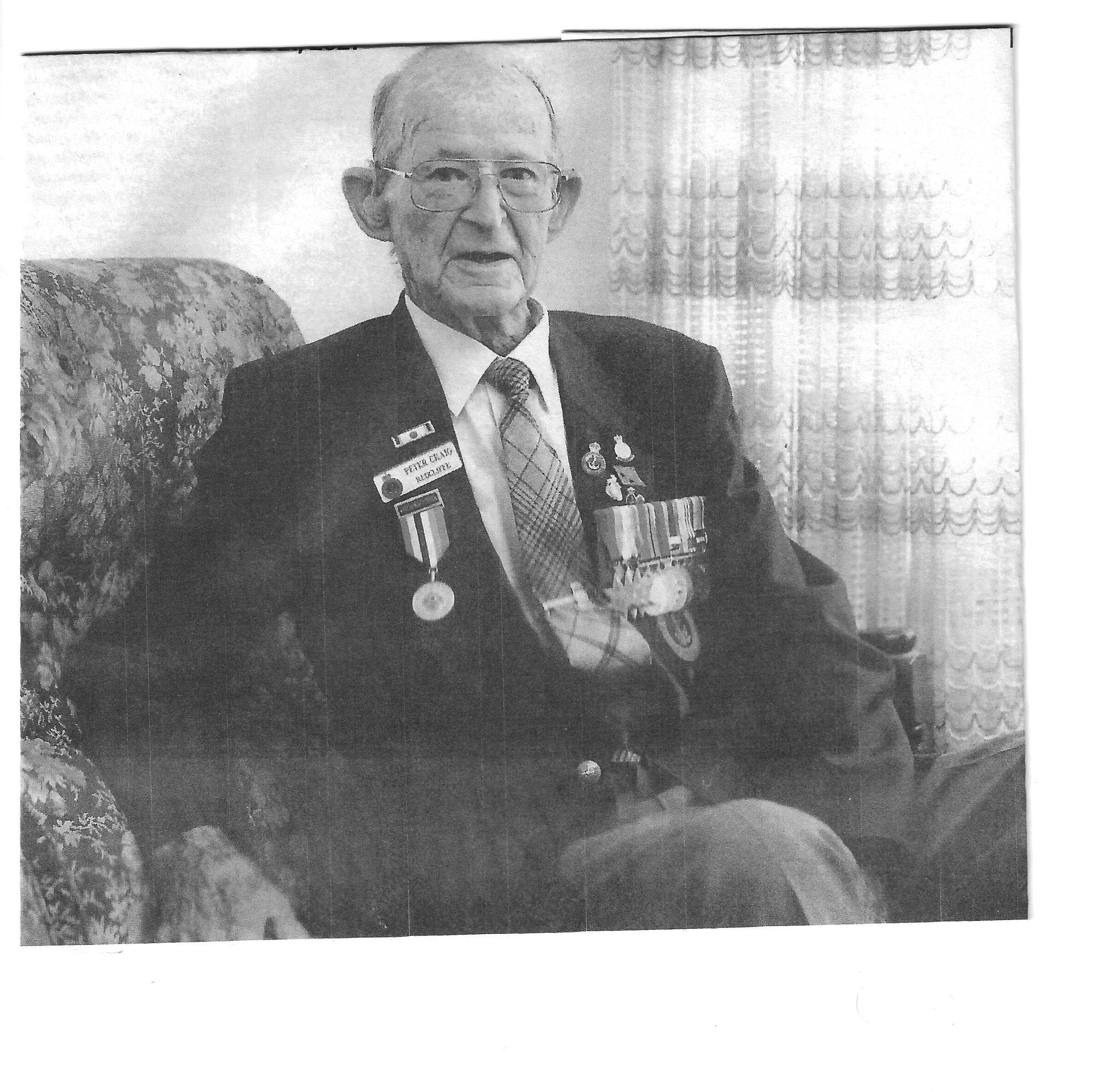
At the gathering attended by passengers, crew members and some service veterans of all ages, from Australia, New Zealand, UK, Canada and the USA, the ship’s Cruise Director, Ray Solaire from Lancashire, gave a brief but very moving speech, its transcript as follows:
The impact of the Gallipoli Campaign extended far beyond the battlefields. For Australia and New Zealand, the campaign has become a defining moment in their national identities, with the anniversary of the landings at Anzac Cove, April 25, commemorated each year as Anzac Day.
In Turkey the campaign is remembered as a great victory against the Allied forces and defining moment in Turkey’s history.
For the United Kingdom and other Allied Nations, Gallipoli represents a tragic loss of life and a sobering reminder of the human cost of war. The campaign also had significant political consequences, with the failure at Gallipoli contributing to Churchill’s resignation and the fall of the British Government.
Today the Helles Memorial and others at Gallipoli stand as powerful symbols of remembrance and reconciliation. Each year thousands of visitors from around the world come to pay their respects to the fallen, and to reflect on the lessons of the campaign.
This year is the 110th Anniversary of the landings at Gallipoli, so it is more important than ever to keep the memory of the campaign alive, and to honor the sacrifices of those who fought and died there. The Helles Memorial, with its towering obelisk and walls of names, serves as a constant reminder of the human cost of war, and the importance of working towards a future of peace and understanding.
If you stand at the Helles Memorial, and gaze out across the tranquil waters of the Dardanelles, then remember the courage and sacrifice of those who fought and died on those shores over a century ago. Let their memory inspire us to build a future of peace, understanding, and hope, so that their sacrifices may not have been in vain.
Ray Solaire has had a career of over fifty years on blue ribbon cruise liners such as Cunard, Silversea and Regent, in which he has met many famous celebrities, and prominent world leaders such as Nelson Mandela and Vladimir Putin. Ray’s one regret of some twenty years ago is not pushing the latter overboard!
Leaving aside the various opinions on the strategy and failure of the Gallipoli Campaign, I believe it did show the populations of Allied Nations the importance of individuals’ spirit and will to fight for their way of life, and their country’s freedom. On a relaxing holiday cruise, far from any worries of war and geopolitics, I was surprised by how the service and self-sacrifice at Gallipoli is still recognised and remembered to this day.
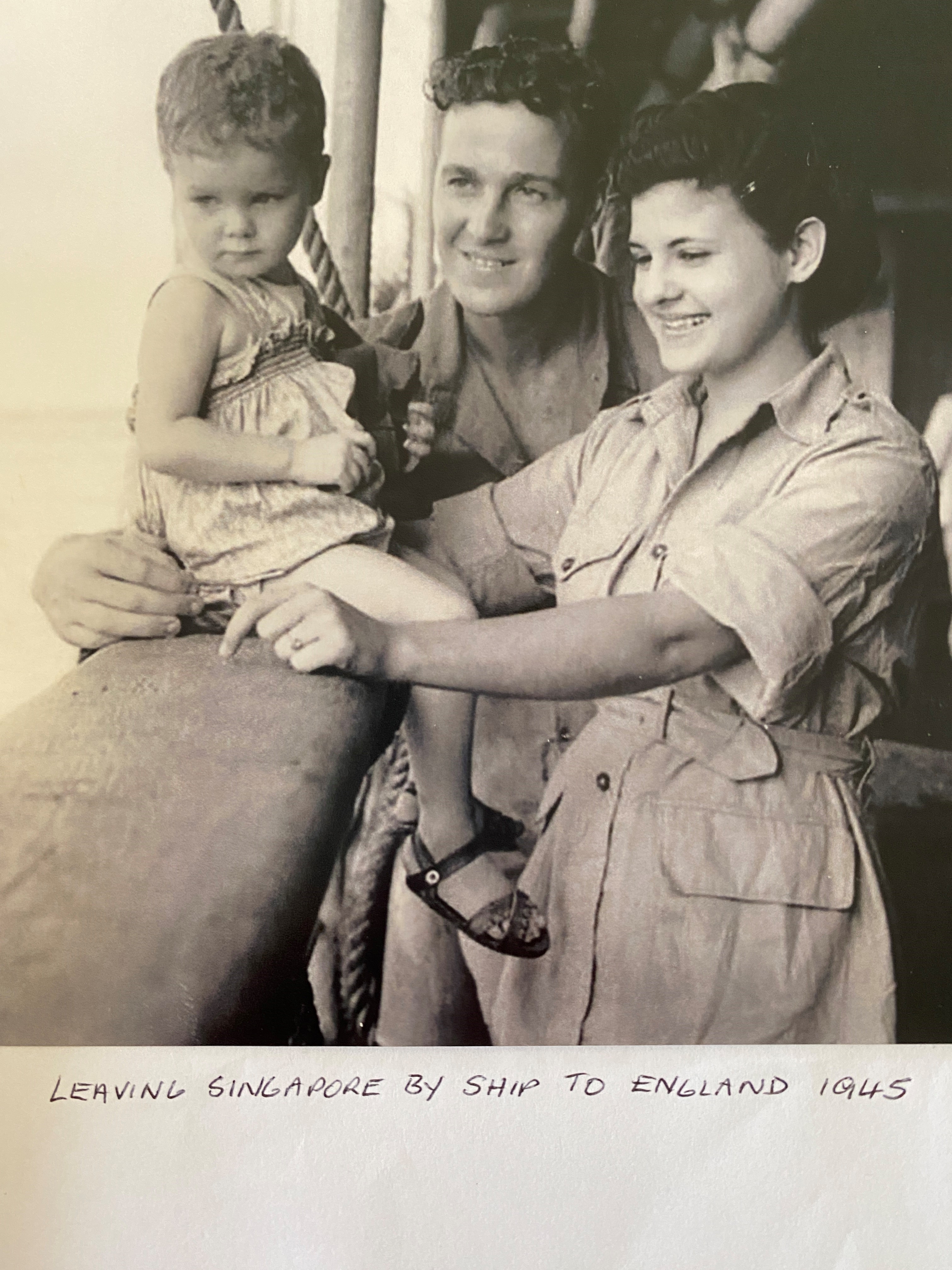
During the Second World War countless millions of men and women, both in the armed forces and civilian life, found themselves in life or death situations with huge odds stacked against their survival. In my new book, Escape, Survive – or Die, a collection of such stories shows us the resilience and stoicism that we all need to face life’s ultimate challenge.
To oppose the increasing aggression and expansionism of authoritarian regimes and their dictators, we need that spirit of our past generations. When put to the test, the most powerful strength of democratic countries, is the determination and self-sacrifice of ordinary individuals.
More than fifty stories of men and women’s steely resolve and endurance in Escape, Survive – or Die, provide gripping testament of their fight for survival, for their families, their country and freedom.
[If you have an untold story of remarkable survival from WW2, please contact me at bryn.evans@ozemail.com.au, as I may be able to include it in a planned sequel to Escape, Survive – or Die.]
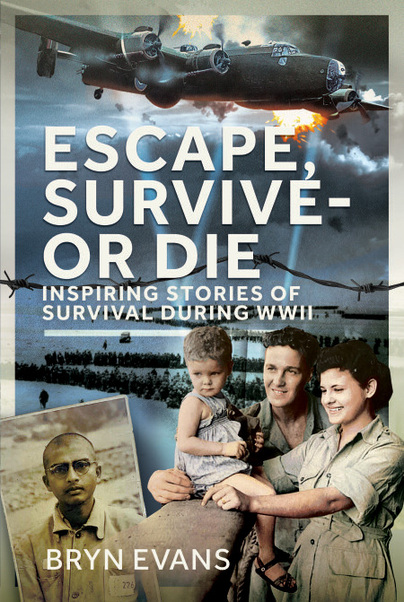
Order your copy here.
